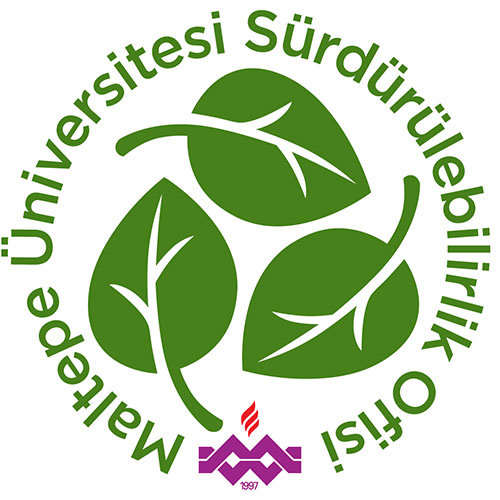SUSTAINABLE DEVELOPMENT
Sustainable Development is "meeting the needs of the present without compromising the ability of future generations to meet their own needs" (UN Brundtland Commission, 1987). The essential elements for achieving sustainable development are economic growth, social inclusion, and environmental protection. Harmonizing these interconnected elements is crucial for the well-being of individuals and societies. Eliminating poverty in all its forms and dimensions is an indispensable requirement for sustainable development. In this context, sustainable development can only be achieved through efforts aimed at inclusive and equitable economic growth, ensuring equal opportunities for all individuals, raising living standards above basic subsistence levels, supporting equitable and inclusive social development, and developing sustainable strategies for the management of natural resources.
SUSTAINABLE DEVELOPMENT GOALS
The Sustainable Development Goals are a universal call to action to end poverty, protect our planet, and improve the lives and future prospects of all individuals worldwide. Adopted by UN Member States in 2015, the Sustainable Development Goals are outlined under the 2030 Agenda for Sustainable Development, which sets forth a 15-year plan. These goals are defined under 17 headings: no poverty, zero hunger, good health and well-being, quality education, gender equality, clean water and sanitation, affordable and clean energy, decent work and economic growth, industry, innovation, and infrastructure, reduced inequalities, sustainable cities and communities, responsible consumption and production, climate action, life below water, life on land, peace, justice, and strong institutions, and partnerships for the goals.


